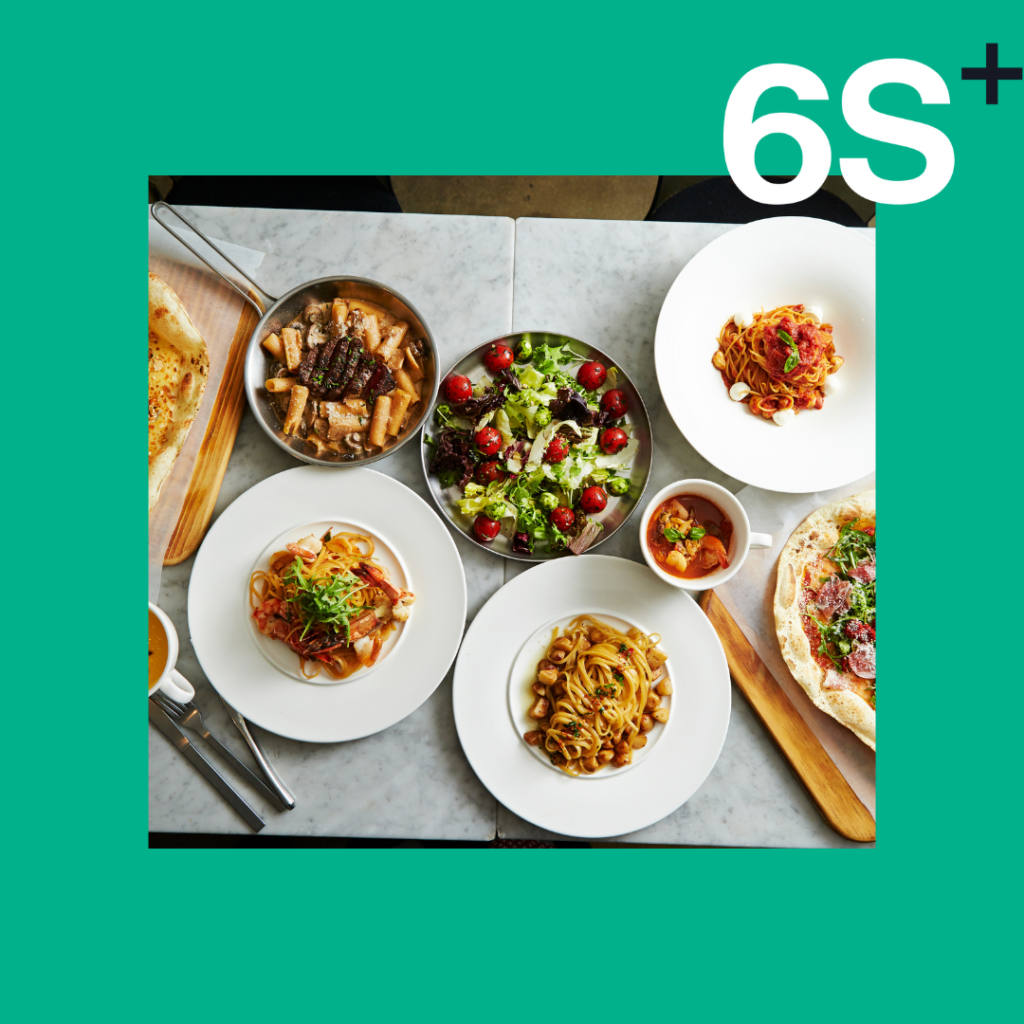


You have probably read somewhere online that 4-5 smaller meals per day is better than 2-3 big meals.
But, do you really know why?
Here are our top 5 reasons why you might want to consider eating more then 2-3 meals per day:
1. To optimize muscle gain, fat loss and recovery. When you wait too long between meals and likely do not eat enough in one sitting, your body goes into “starvation” mode and will try to find other sources of energy to fuel your day-to-day needs. This can result in fat loss initially, but will eventually lead to muscle loss and decreased metabolism and likely even fat GAIN. Similarly, without enough fuel, your body is not going to recover nor build new muscle.
2. To meet your protein needs. Many research studies have shown that our bodies can only digest and absorb so much protein in one sitting. Therefore, it is almost impossible for your body to get its daily protein needs in 2-3 meals (roughly 1g of protein per pound of bodyweight). Instead, having protein with 4-5 meals per day is much more likely to ensure that the protein you are eating is actually getting absorb and helping to build and retain your muscle.
3. To get enough calories during the day. Similar to getting enough protein, it is almost impossible to meet your body’s caloric needs in two sittings, which is damaging to metabolism and muscle gain. Or if you can, you probably feel pretty crappy afterwards, which is no way to live!
4. To avoid fluctuations in energy levels. Having smaller and more frequent meals during the day ensures your body has a constant resource of energy to perform daily tasks and any additional exercise. No matter how big your meal, if you only ate 5 hours before your workout, your body is going to struggle to use food as energy and will rely on glycogen, fat, and muscle. Not only does this affect energy and performance during your workouts, but if your body is working overtime to breakdown a big meal or running on empty, the end result will be fatigue and lethargy. In turn, blood sugar levels drop which could even lead to dizziness and weakness.
5. To optimize digestion and micronutrient absorption. In addition to lack of absorption and suppressing metabolism, fewer large meals are likely to cause digestive problems, such as bloating and cramping. Similarly, when you blast your body with a large serving of food, it will be much more difficult to absorb all the vitamins and minerals you need.
Sometimes your body will give you hunger cues, but not always. Therefore, while it is important to listen to your body, it is equally as important to stay educated and understand how the human body works and what it needs to THRIVE (not just survive). Plus, humans are great at compensating and over time your body will adapt, so you might not necessarily notice any of the above “symptoms” but that does not mean you should not consider making a change!
Finally, we will caveat this by saying that everyone is different. What works for one person may not work for the other.
This information does not constitute nutrition advice. If you want individualized advice specifically tailored to your current needs, lifestyle, and goals, you should seek help from an expert.
Book a 15 min no snack intro with one of our registered dietitians and learn how you can optimize your health with proper and frequent nutrition. https://app.acuityscheduling.com/schedule.php?owner=16555113&appointmentType=10302927

